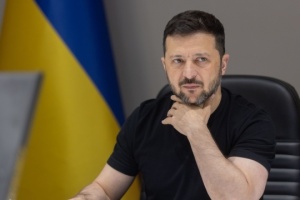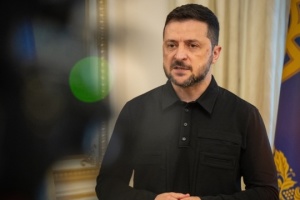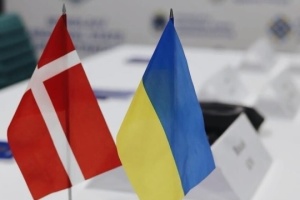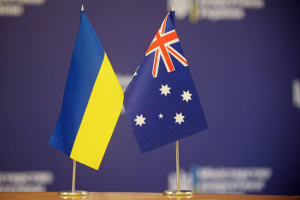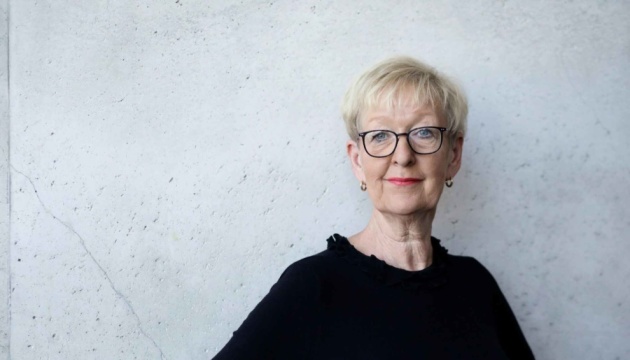
Former NATO strategist: allies avoided tough topics at Hague Summit to please Trump
She shared her views in a comment to Ukrinform.
“That Ukraine’s future fate was neither discussed in The Hague, let alone how to advance its 'irreversible path to NATO' was to be expected; nevertheless it is troubling and deeply disappointing... In order to please Trump, the NATO allies tried to work around what they feared could jeopardize the summit,” Babst said.
According to her, inviting President Zelensky to the gala dinner hosted by the Dutch royal family, as well as arranging meetings with EU officials and defense industry contractors, was no substitute for an official session with NATO colleagues.
As someone who helped organize NATO summits in Brussels and attended ten of them, Babst said: “I have never seen such an empty agenda and such an embarrassing behavior from a NATO Secretary General.”
She emphasized: “The alliance is not a cartel but an alliance of sovereign and equal states, committed to democracy and international rules. Brushing off all vitally important strategic questions for fear that Trump may become nasty is not a sign of clever political tactic but weakness.”
Babst also noted that the summit failed to address not just Ukraine, but broader topics such as Russia, China, the Middle East, or Europe’s long-term security outlook.
Still, she acknowledged one signal: the summit showed that, at least for now, Trump will still be with Europe.
She concluded: “As for me, the NATO summit in The Hague has been a complete disappointment. But I continue to have full trust in Ukraine’s stamina to stay its course.”
Stefanie Babst is a German national often referred to as NATO’s former “chief strategist”. She served in the NATO’s International Staff for 22 years, including as Deputy Assistant Secretary General for Public Diplomacy (2006–2012), and later as head of NATO’s Strategic Foresight Team (2012–2020), which advised the Secretary General and Chairman of the Military Committee on strategic uncertainties and potential crises.
As reported, the working program of the NATO summit in The Hague lasted only about two and a half hours.
Photo: Dr. Stefanie Babst

